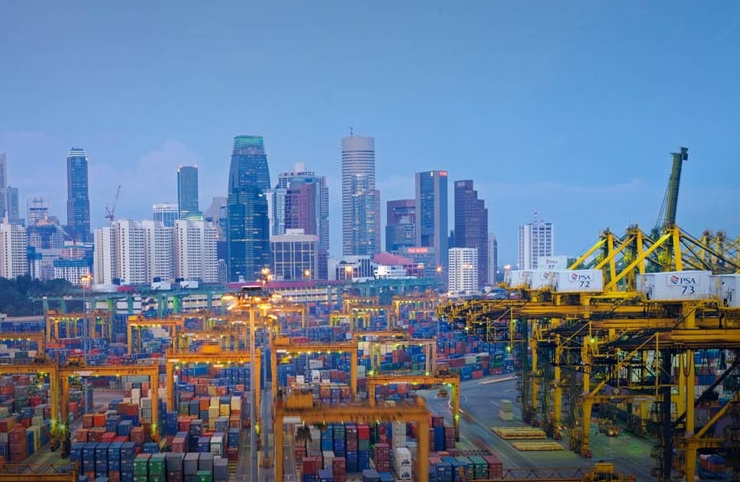Singapore: Maritime leaders reckon progress is being made in the creation of a single ASEAN shipping market – a key pillar in the establishment of the ASEAN Economic Community (AEC) – but believe there is still more to do to realise this goal.
The announcement follows the closing of the 25th ASEAN Summit in Myanmar yesterday where leaders from across ASEAN discussed progress to date and steps the region needs to take to accomplish the remaining objectives in the AEC Blueprint ahead of the 2015 deadline.
S.S Teo, managing director, Pacific International Lines, said the AEC will open up significant opportunities for the region’s maritime industry.
“ASEAN is the new growth frontier – it is a region of 600m people with a fast-emerging middle class, young populations and an expected GDP growth rate of around five per cent for the next five years. The AEC will remove trade barriers, encouraging further regional growth.
“This will lead to greater intra-and-extra regional cargo movements which create opportunities for the broader maritime industry. It’s clear that a lot has been achieved but we need to work together to take the final steps in realising the goal of a single ASEAN market,” he said.
The maritime industry across the region is currently undertaking a number of activities to ensure it is ready to capture the benefits the AEC will present.
The Philippines, for example, is pursuing several major port projects. These include deploying more technology-driven processes to improve the delivery of the country’s port services and reforming the model of cargo-handling tariffs. At the same time, countries like Malaysia and Brunei are holding discussions on increased maritime cooperation.
“Activities and discussions such as these will ensure the region’s facilities, processes and services will be ready to take advantage of the immense opportunities that the AEC will offer,” said Teo.
Industry experts agreed that while significant progress is being made, there are still some challenges to navigate.
Andreas Sohmen-Pao, ceo of BW Group, said the rise in local content is one example.
“Domestic economic policy in a number of markets is calling for high levels of local content. Under these policies, companies are required to build a proportion of their assets locally, employ local crew and, in some cases, align with local partners in order to trade within that country.
“These policies stand in the way of the creation of a single ASEAN market. They not only create additional costs for the industry and local economies, but also affect the efficiency of the regional maritime industry,” said Sohmen-Pao.
He agreed a co-operative approach was critical in realising the AEC by 2015.
“The industry needs to come together with public and private sector partners to navigate this challenge,” he said.
Sohmen-Pao and Teo were speaking as part of a curtain raiser for next year’s Sea Asia event in Singapore. [14/11/14]












